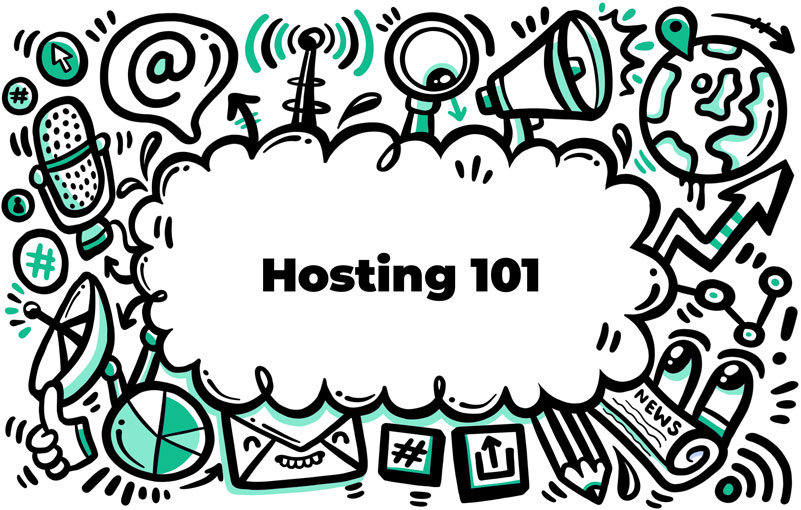Why Website Security Matters
In today’s digital world, ensuring the security of your website is more important than ever. As businesses increasingly rely on online platforms for sales, marketing, and customer engagement, protecting sensitive data from potential threats is crucial. Website security is essential for safeguarding your business’s reputation and plays a significant role in your search engine ranking. A secure website can help you gain your customers’ trust, ensuring they feel confident in conducting transactions and sharing personal information on your site.
Common Security Threats and Vulnerabilities
Several threats and vulnerabilities can impact website security. Some common ones include:
- Malware: Malicious software designed to infiltrate and cause harm to your website.
- Distributed Denial of Service (DDoS) attacks: These attacks involve overwhelming a website’s server with traffic to render it inaccessible to users.
- Brute force attacks: A method used by hackers to gain access to your website by trying countless combinations of usernames and passwords.
- Cross-site scripting (XSS): An attack where hackers inject malicious code into your website, potentially compromising your users’ data.
These threats can lead to stolen data, lost revenue, and damage to your business’s reputation. Therefore, it is essential to take proactive measures to ensure your website remains secure.
How Hosting Providers Can Help Secure Your Website
A reliable hosting provider can play a vital role in enhancing your website’s security. Here are a few ways hosting providers can help:
- Regular updates: Hosting providers can ensure that your website’s software, plugins, and themes are up to date, reducing the risk of vulnerabilities.
- SSL certificates: A Secure Sockets Layer (SSL) certificate encrypts the data transferred between your website and your users, enhancing security and building trust.
- Malware scanning and removal: Many hosting providers offer malware scanning and removal services, ensuring that your website remains free of harmful software.
- Firewall protection: A web application firewall (WAF) provided by your hosting provider can help protect your website from various threats, such as DDoS attacks and XSS.
- Backup and recovery: A dependable hosting provider will offer regular backups of your website, allowing you to restore your site in case of data loss or hacking incidents.
By choosing a reputable hosting provider, you can ensure that your website remains secure, giving you peace of mind and allowing you to focus on growing your business.



